In Washington, D.C.’s Ward 7—an area long familiar with poverty and high crime rates—the East Washington Heights Baptist Church has stood for more than a century as a spiritual anchor. The church has endured robberies, vandalism, and theft. Yet, for Rev. Kip Banks, who has led the congregation for over two decades, the answer to crime is not found in troops patrolling the streets, but in compassion, community, and faith.
A Church That Knows Crime Up Close
The church has been targeted before. In March of this year, thieves broke into its educational wing and stole laptops. Several years earlier, vandals stole communion wafers and damaged church property.
Despite these incidents, Rev. Banks stresses that crime is part of life in the city. “For us, it’s really a matter of how you react to crime,” he explains. His congregation chose love over anger, even welcoming new members drawn to the church’s spirit of forgiveness after those incidents made the news.
National Guard Patrols in the District
On August 11, President Trump declared a “crime emergency” in the District of Columbia, deploying National Guard troops alongside federal law enforcement agencies. Officials say the move has led to hundreds of arrests and a sharp decline in carjackings and violent crimes.
Mayor Muriel Bowser, often at odds with the president, applauded the additional resources, noting that carjackings have dropped by 87% and overall crime by 15% since the deployment.
But Rev. Banks and many of his parishioners see the situation differently.
“We Don’t Feel Safer”
Each morning at 7 a.m., church members gather for prayer, often focusing on the violence and hardships in their community. In recent months, those prayers have shifted. “Crime has been going down,” Rev. Banks says. “We’ve been praying less about murders.”
For him, the National Guard’s presence is not reassuring. “None of the members I know feel safer because of the troops,” he says. “If anything, it’s the exact opposite.”
Fear and Disruption in Daily Life
Members of East Washington Heights Baptist Church describe how their lives have been disrupted. Some avoid dining across the river, afraid of encountering military patrols. Others hesitate to order food delivery services after hearing reports of drivers being detained by immigration authorities.
Parents, in particular, worry about how their Black sons will be perceived and treated. “They are upset on a number of fronts,” Rev. Banks says. “They are troubled. They are burdened.”
Policing vs. Military Occupation
While acknowledging crime as a serious issue, Rev. Banks draws a sharp distinction between traditional policing and military occupation.
“There’s a philosophy of dealing with crime that involves knowing people, understanding what they’re going through,” he explains. “As a church, we subscribe to the ‘beloved community,’ where everyone has food, shelter, and love. The military occupation hinders that. People don’t feel safe.”
A Veteran’s Perspective
Not everyone critical of the deployment is unfamiliar with military life. Legrand Baldwin, a church member and veteran, spoke out about his concerns.
“I think this is selective overreach,” he said. “Veterans were not trained for this role. The military is being put in a position that should be left to municipal policing.”
Baldwin, who has a son with mental health challenges, worries that a simple mistake—such as forgetting to carry identification—could put vulnerable people in danger when troops are on the streets.
His wife, Vassar Baldwin, added her own critique. “If Trump were so concerned about safety, why did he take a billion dollars away from the mayor’s budget?” she asked, arguing that those funds could have gone toward hiring more police officers, addressing root causes of crime, and building trust in neighborhoods.
Beyond Statistics: Tackling Root Causes
Even as officials tout falling crime rates, Pastor Banks warns that the gains may be temporary without addressing deeper issues. Poverty, mental health, and access to social services remain pressing concerns in Ward 7 and across the city.
The pastor links these struggles to broader federal policies, such as cuts to food stamps and Medicaid. “If we really want to tackle crime, we need resources for mental wellness,” he says. “For me, it’s a compassion issue. America is about helping every person, not just those at the top.”
A Biblical Response to Violence
Rev. Banks frequently draws on scripture when talking about crime and justice. He recalls Jesus telling Peter to put away his sword, reminding his followers that peace—not force—was the way forward.
“Blessed are the peacemakers,” Banks says. “That’s what we need now—love and light, not war.”
Pastors he has spoken with in cities like Boston, Chicago, and Los Angeles share similar concerns, describing outrage at what they view as the militarization of city streets.
Faith, Service, and Hope
For East Washington Heights Baptist Church, crime is not the only challenge. The congregation runs a food bank, supports local schools, and provides daily spiritual care for its community.
Despite robberies and vandalism, members continue to respond with love. One story Rev. Banks often tells is of a woman who joined the church after seeing how it forgave those who had broken in and stolen communion supplies. She built a life in the community, married, and is now raising three children.
“Good comes out of evil,” Banks says. “It’s all in how you treat it.”
The Larger Question
The pastor and his congregation are not dismissing crime as unimportant. Instead, they are questioning how best to address it. Is safety built by troops and tanks—or by investing in communities, supporting families, and offering hope to the “least, the lost, and the left behind”?
As D.C. debates the role of federal intervention, Rev. Banks continues to lead his church in prayer, service, and compassion. For him, the answer lies not in a show of force, but in living out the message engraved on the Statue of Liberty: “Give me your tired, your poor, your huddled masses yearning to breathe free.”
“That’s what makes America great,” Banks says. “Helping every person in our society—not just those at the top.”

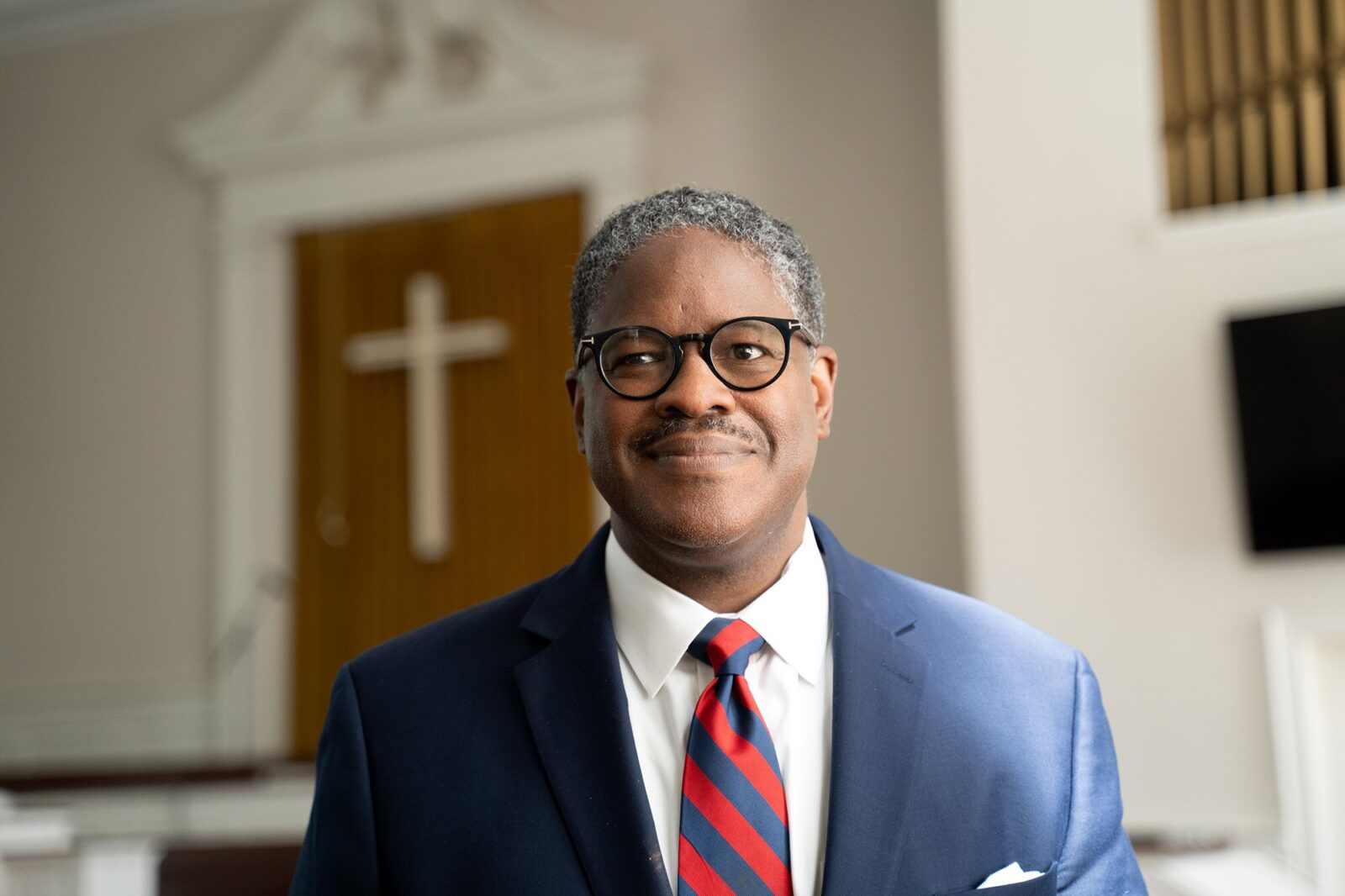
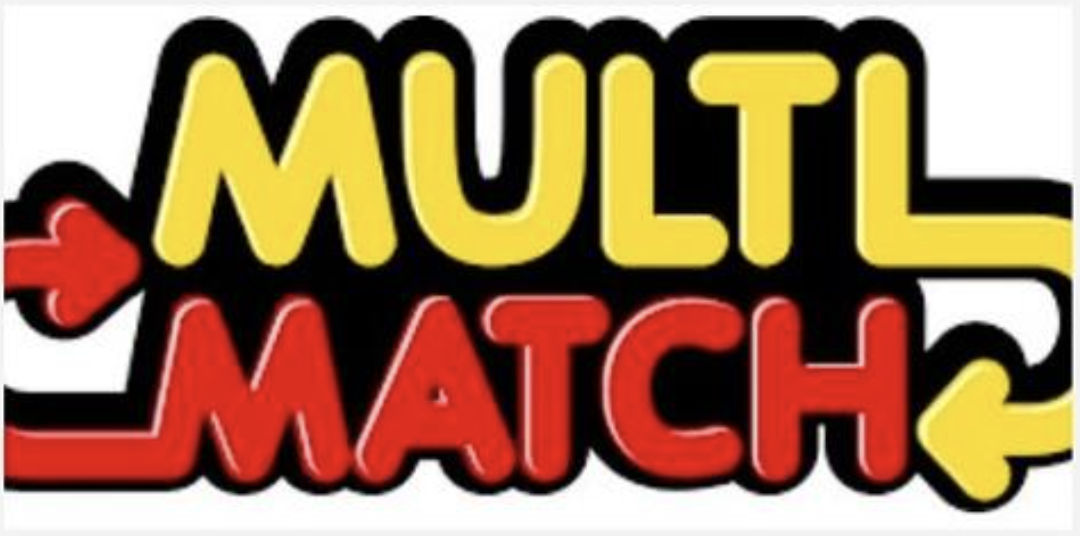
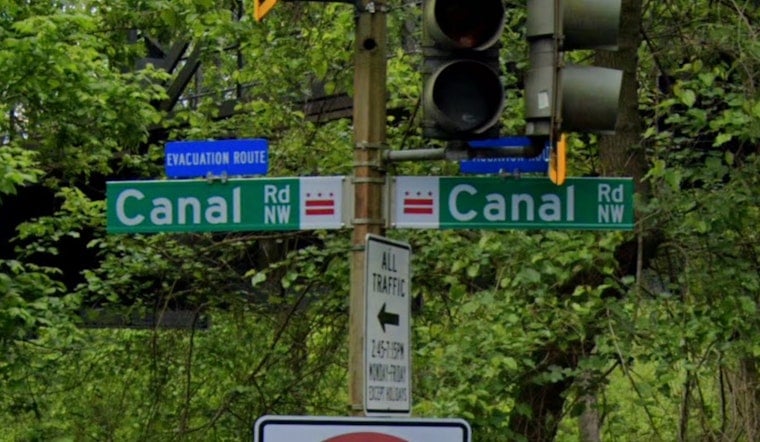
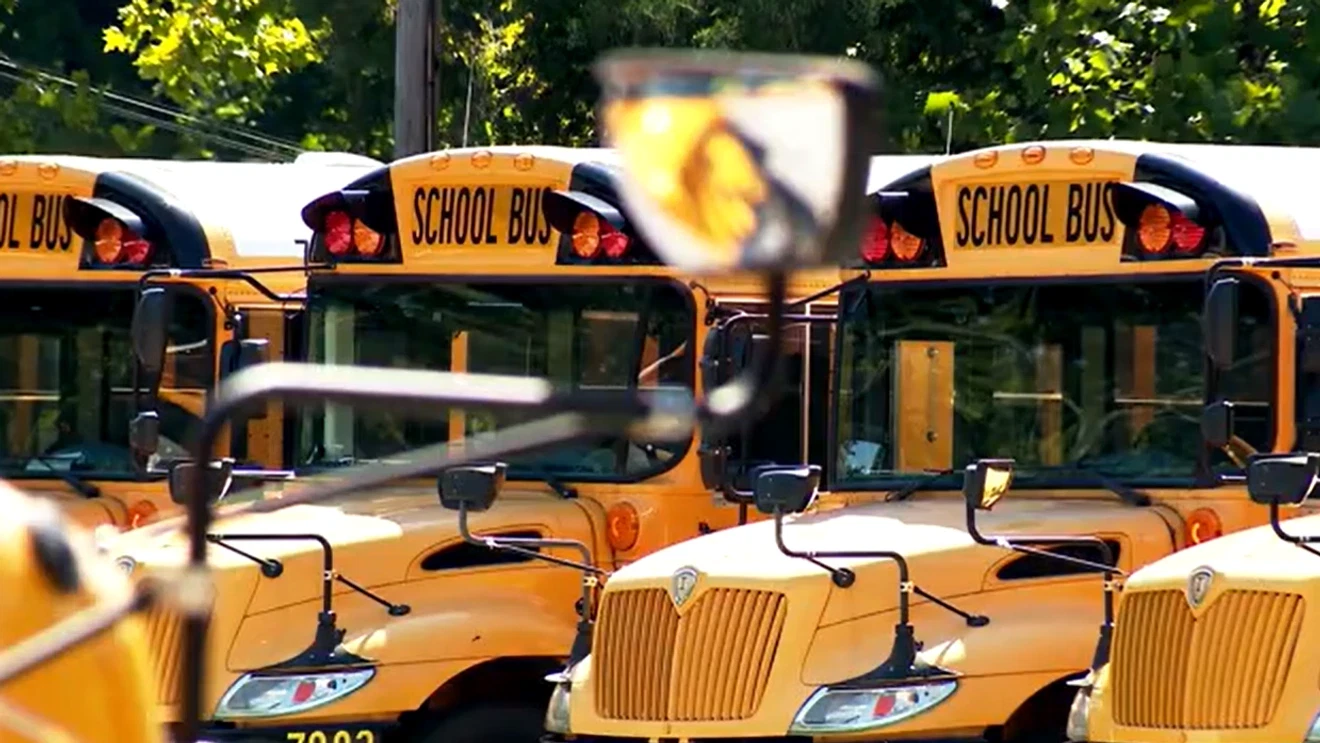
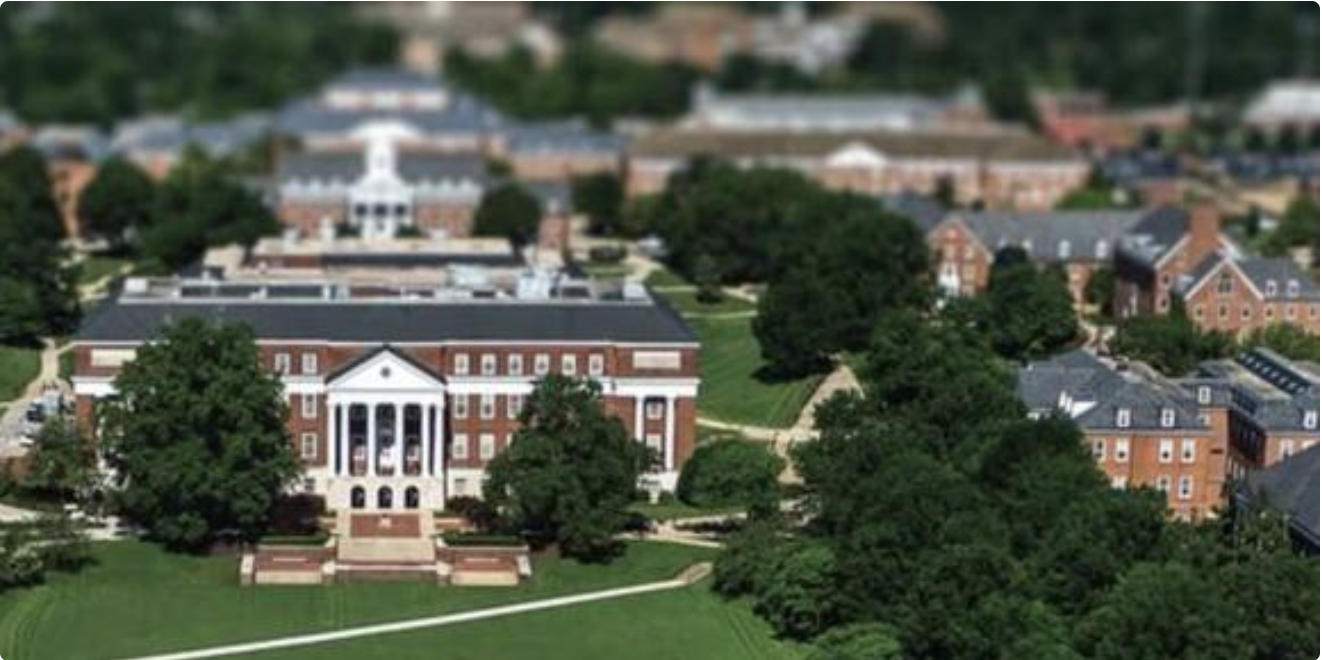
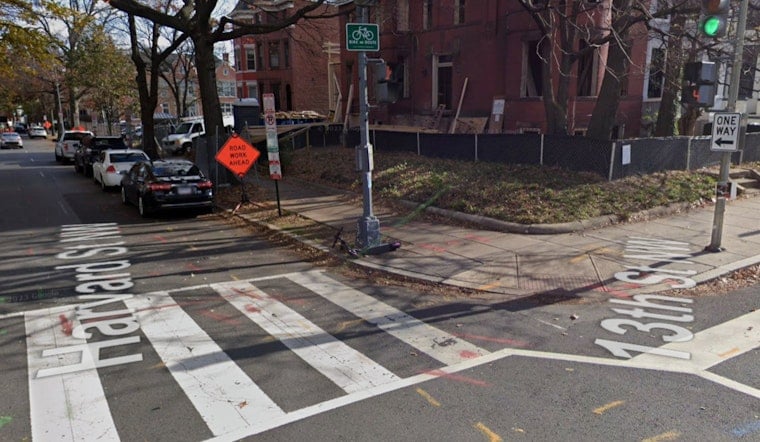
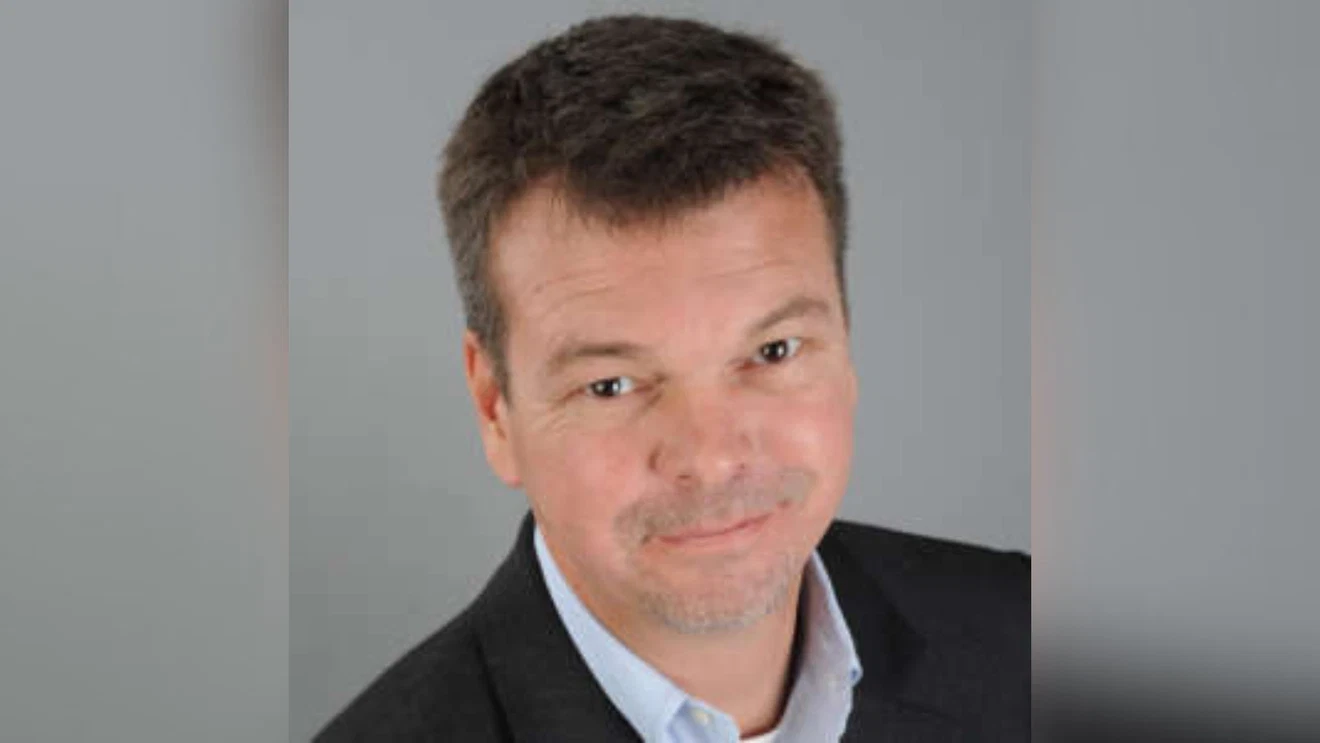
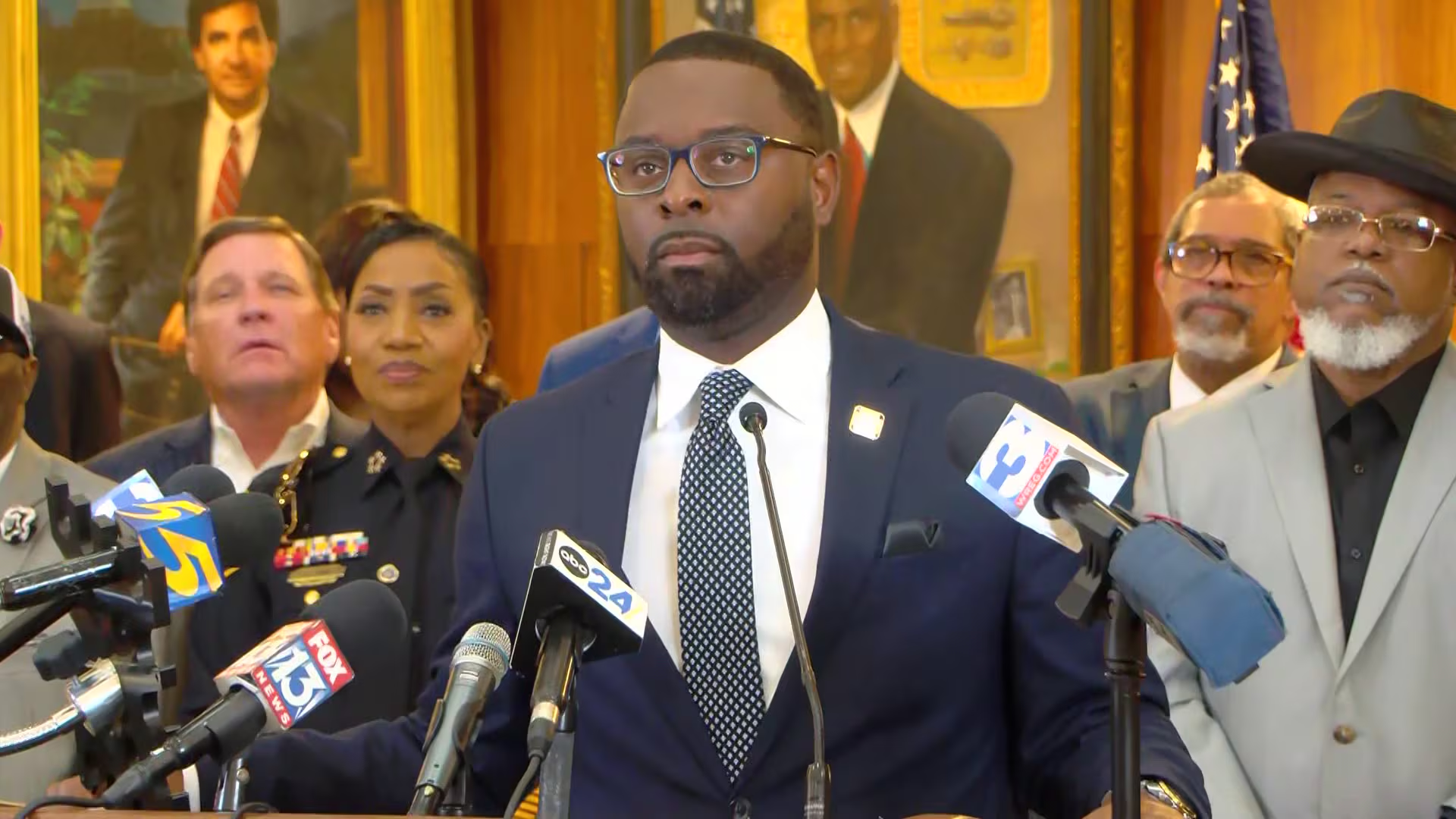
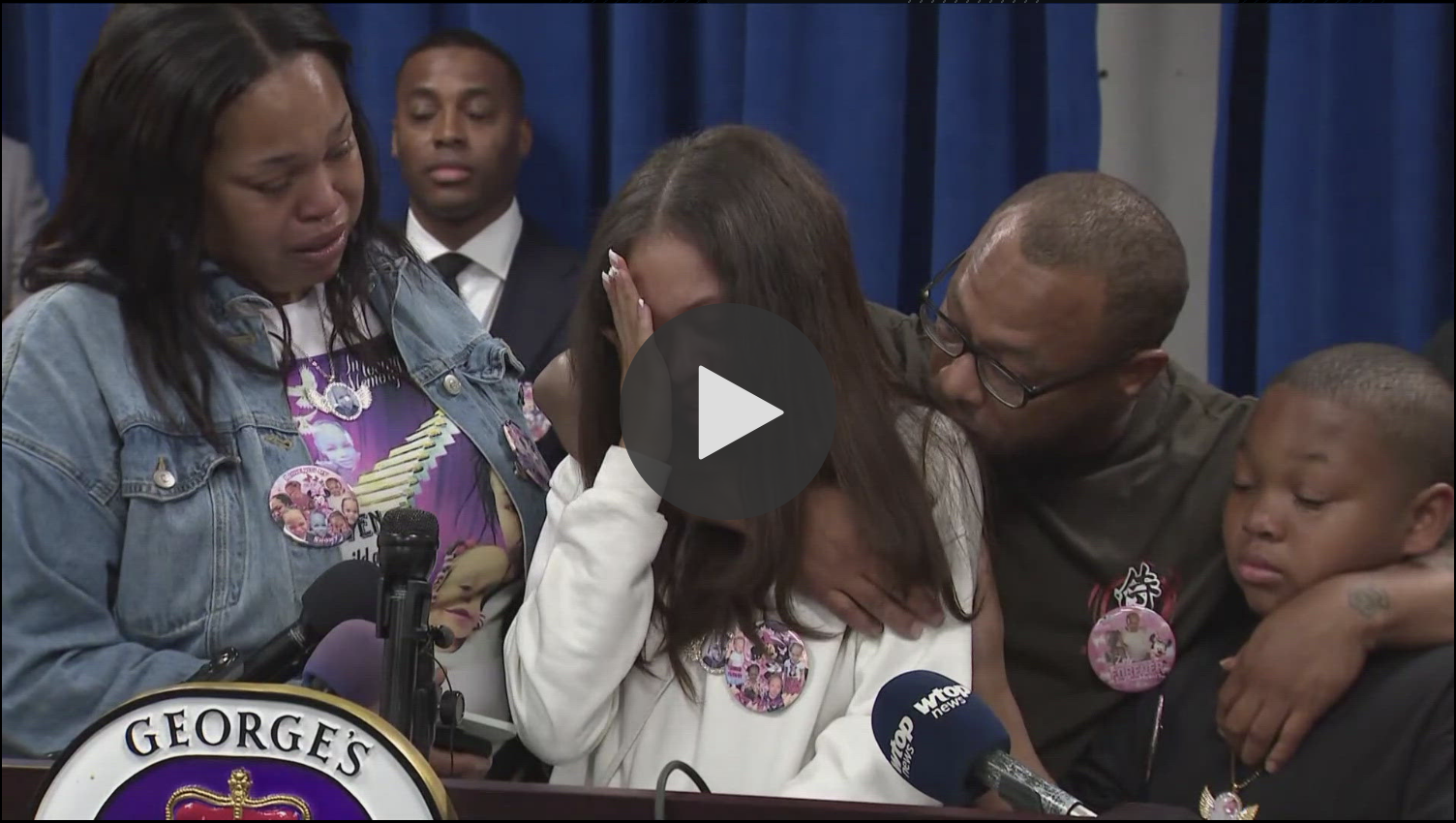
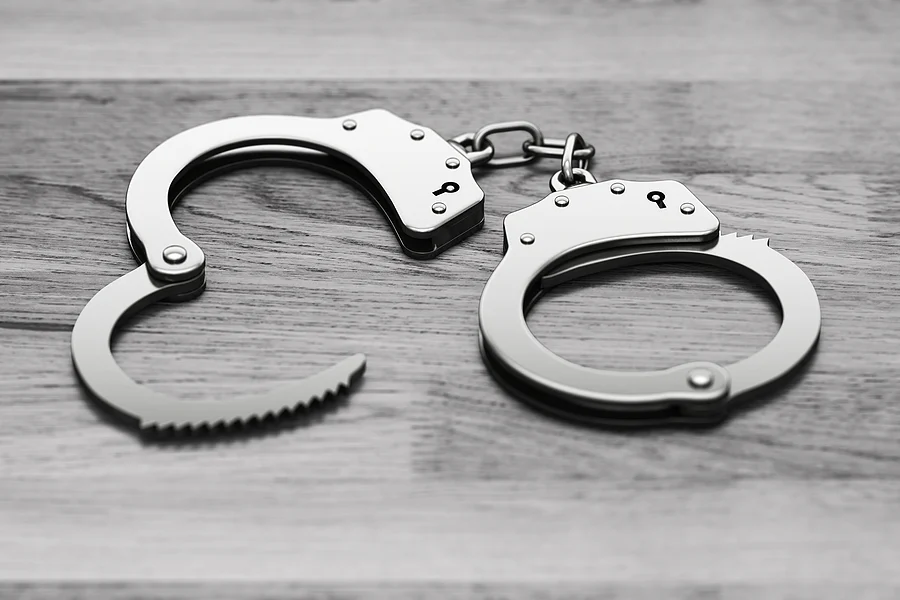
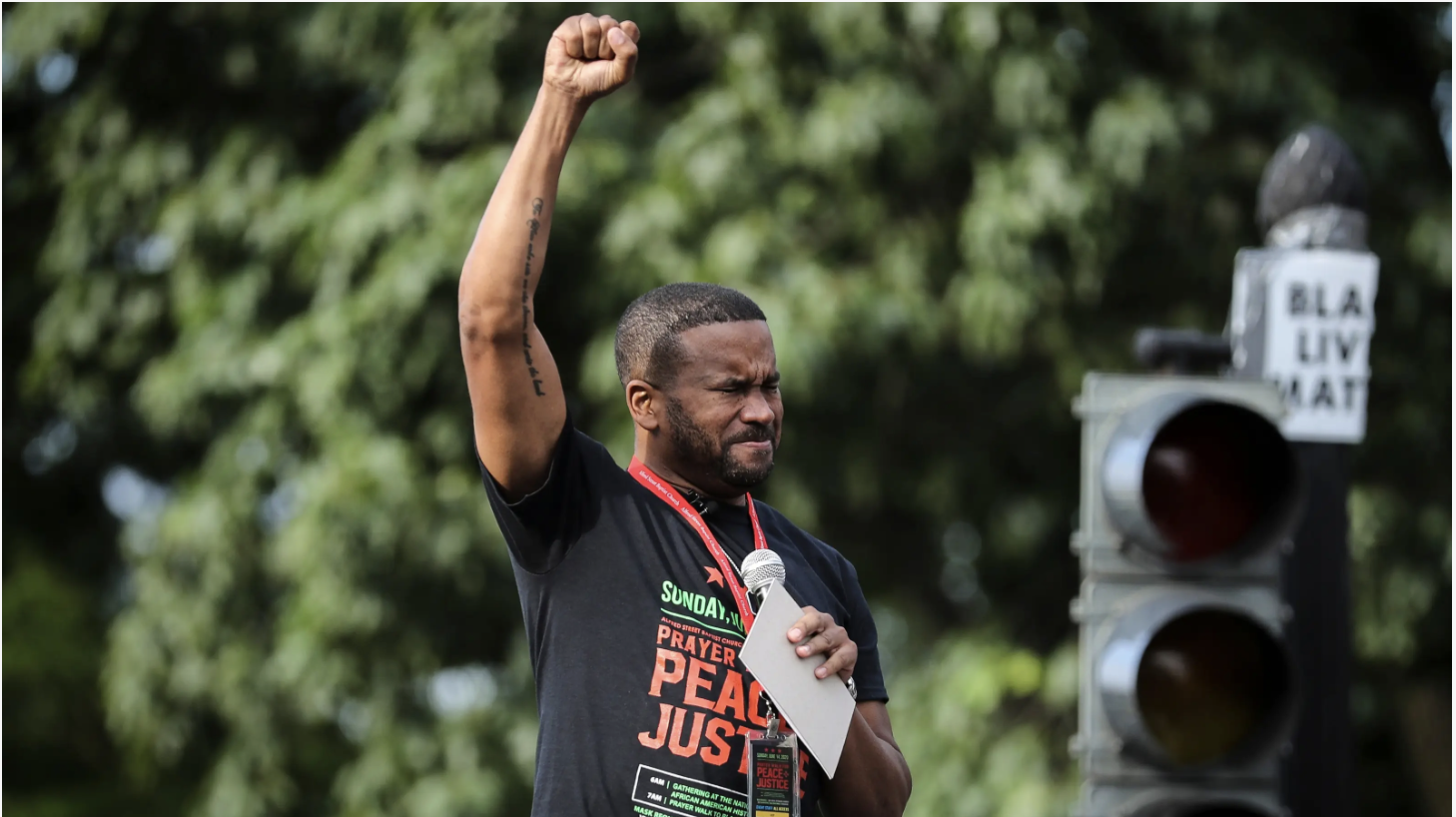
Leave a Reply